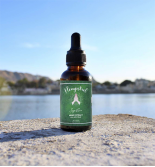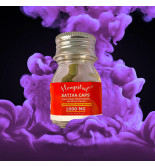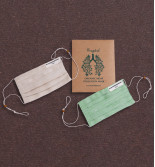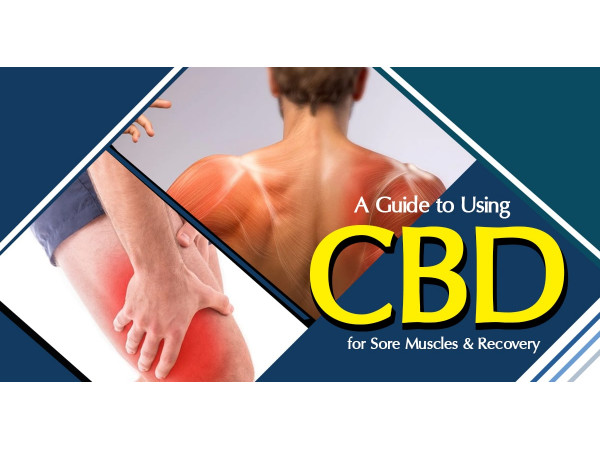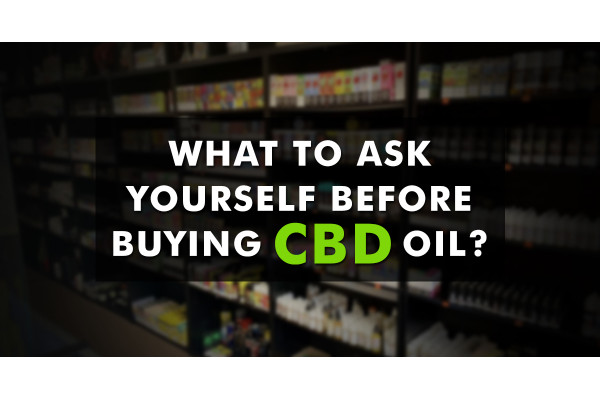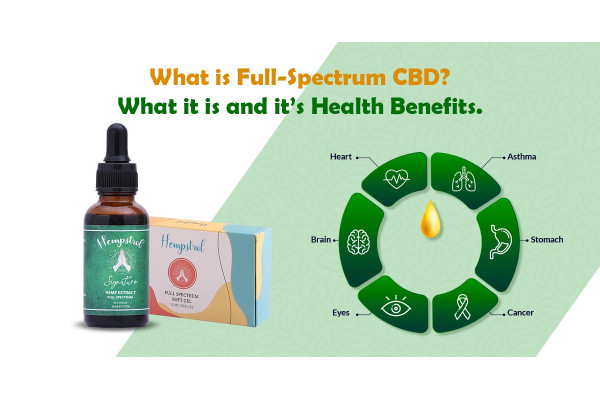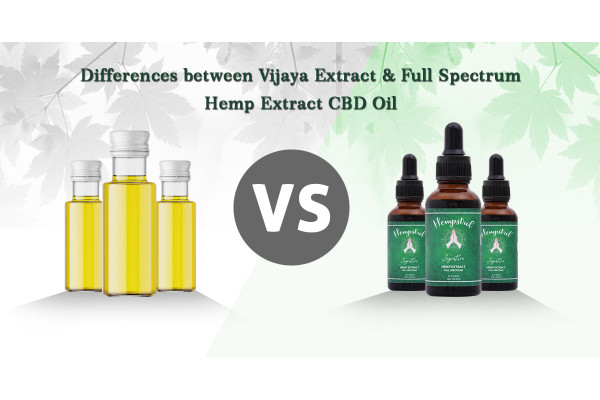A Guide to Using CBD for Sore Muscles & Recovery
Cannabidiol, or CBD as it is known, is having its moment and for all the right reasons. It has a lot of purported benefits with a lot of anecdotal evidence to back those claims. From helping cancer patients to fight nausea to also acting as a sleep aid for people with insomnia, CBD is a useful compound, and around the world, people are taking advantage of it. But do you know CBD products CBD oil can help you recover faster from your workouts thanks to its anti-inflammatory properties? Before you take CBD oil after your gym, here is everything there is to know about the compound.
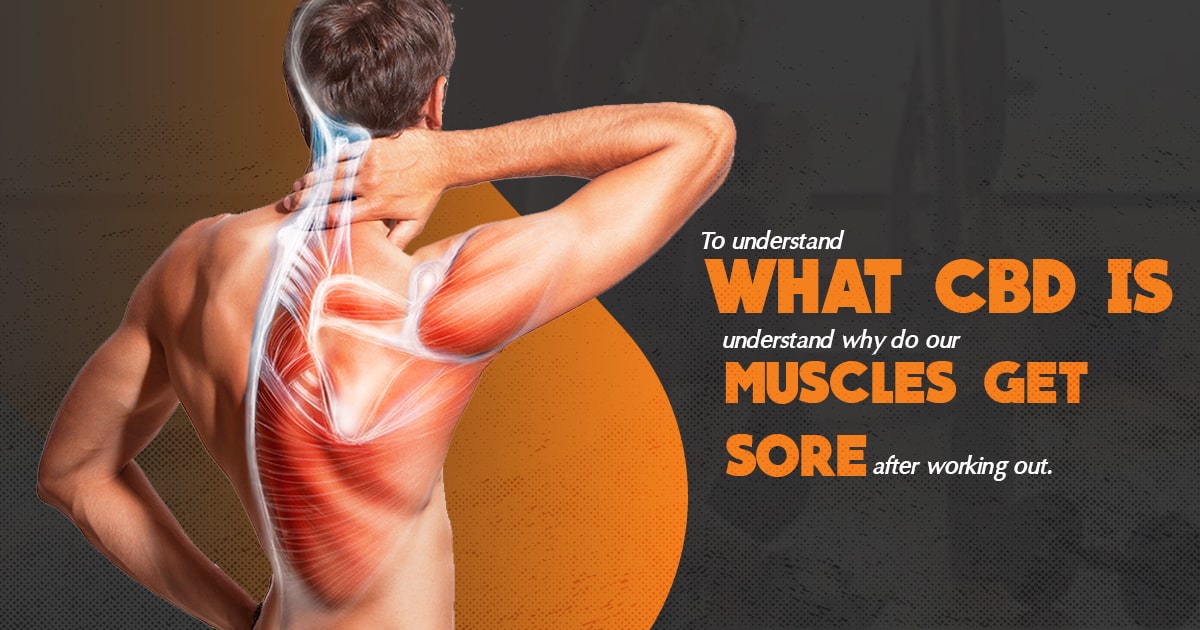
To understand what CBD is, understand why our muscles get sore after working out.
No matter how in shape you are, sometimes, after a workout, you just feel it. You might feel sore for days after some workouts. That's because exercising causes muscle fibers on a microscopic level. These muscles then experience inflammation, which prompts the body to react and repair itself, resulting in discomfort or stiffness in the muscles.
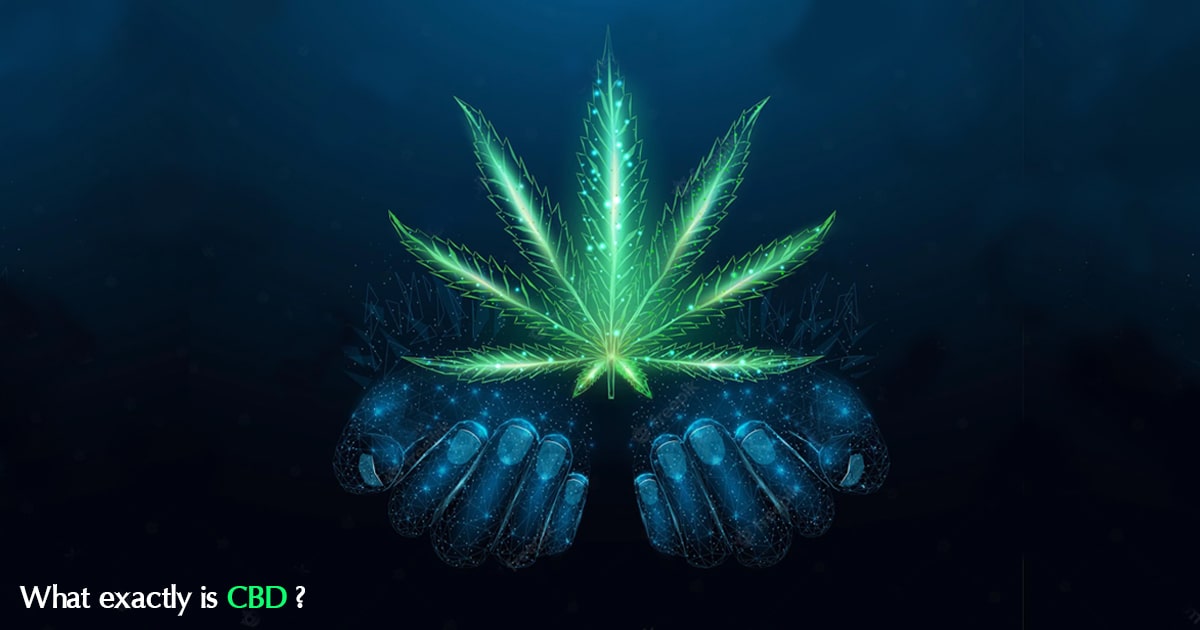
What exactly is CBD?
A naturally occurring chemical substance called cannabidiol, also known as CBD, is present in the Cannabis sativa plant. CBD is one of more than 100 chemical compounds found in the cannabis plant. Tetrahydrocannabinol (THC) is a psychotropic chemical molecule present in the same plant. A seemingly small distinction might have a significant impact: THC compounds make you feel "high," whereas CBD can have positive benefits on the body without the same sense. Industrial hemp plants are used to produce the CBD oil, which is then used to create CBD products
However you take it, CBD works with the body's endocannabinoid system (ECS), specifically the cannabinoid receptors CB1 and CB2. This helps regulate a number of things, such as relaxation, appetite, and immune system responses.

Is there any scientific proof?
A 2018 evaluation of 132 original studies found that CBD can reduce inflammation in the body and benefit individuals with multiple sclerosis with their pain and mobility. This review was published in Frontiers in Neurology. The authors of the review study stated that it has anti-inflammatory, antioxidant, antiemetic, antipsychotic, and neuroprotective properties. When applied topically to muscles as an ointment or taken orally, it often reduces inflammation.

What does the Research say About CBD and Muscles?
The causes of post-workout muscular soreness are numerous. You might have raised the amount of weight you used, the volume of your session, or used muscle-building intensity boosters like drop sets or huge sets. All of these have the potential to cause tiny damage to your muscles, leaving you stiff and unmotivated to go out for a few days.
Both before and after your workout, there are techniques to manage and reduce this delayed-onset muscle soreness (DOMS), which range from performing a more thorough warm-up to engaging in some low-intensity cardio. It has also been demonstrated that several supplements, including HMB and fish oil, can reduce soreness brought on by exercise.
According to a study published in the International Journal of Physical Education, Sports, and Health, trained athletes who consumed CBD after their activity recovered faster and experienced noticeably less muscle soreness at 24, 48, 72, and 96 hours later. According to the researchers' findings, when ingested right away after intense exercise, CBD "appears to have a significant effect on muscle soreness associated with EIMD [exercise-induced muscle damage] DOMS."
Other research has come to the conclusion that CBD may help athletes sleep better. Numerous studies have demonstrated the beneficial effects of sleep on muscle rehabilitation, as well as the detrimental effects of insufficient sleep.
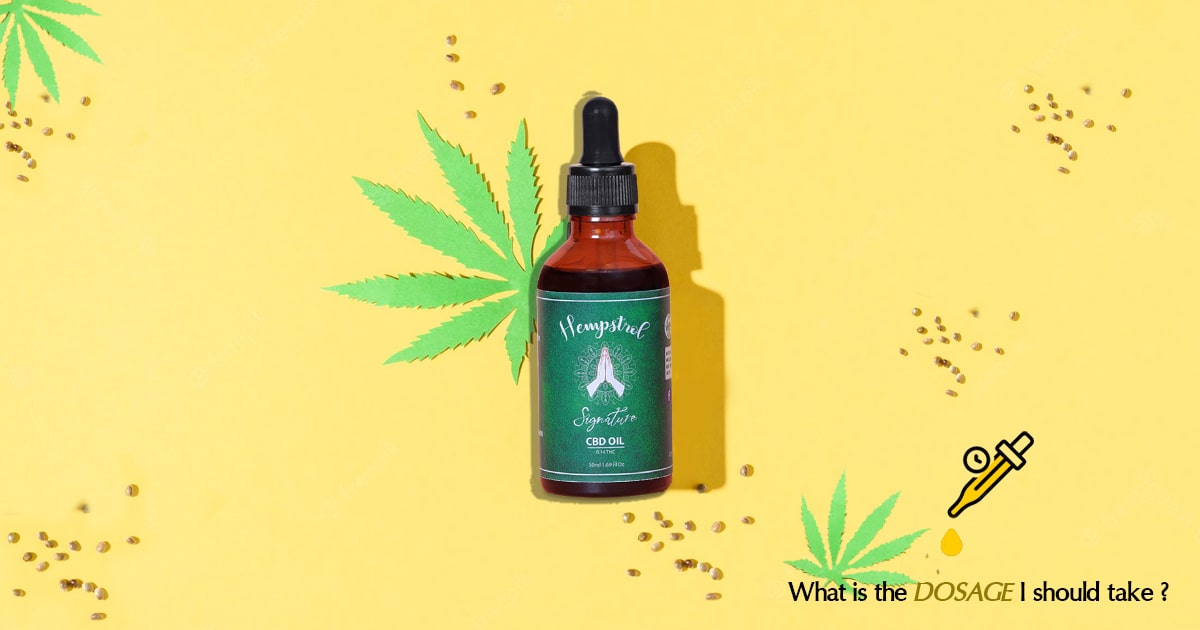
What is the dosage I should take?
CBD is available in infused balms, capsules, vape pens, and other products in addition to CBD oils and tinctures. Basically, you just have to choose whether you want to consume it or apply it topically for pain relief.
The usage of CBD is typically thought to be safe. High doses of up to 1,500 mg per day and prolonged use have consistently been demonstrated to be well tolerated by humans, even the experts who published in Frontiers in Neurology acknowledged. You shouldn't require that much, but since there is no "standard" dose, determining how much you actually require might be challenging. According to pain levels, a general rule of thumb is 1-6 milligrammes of CBD for every 10 pounds of body weight and gradually increase by 5–10 mg till you have relief. Although it needs some trial and error and isn't ideal, this might give you a place to start.
Once more, it's largely up to you to decide how much CBD you need to take in order to experience its effects. Although the aforementioned dosage recommendations should serve as a solid starting point, CBD is a subjective chemical that responds differently in each person. You won't need to increase the dose after you experience the desired result.
